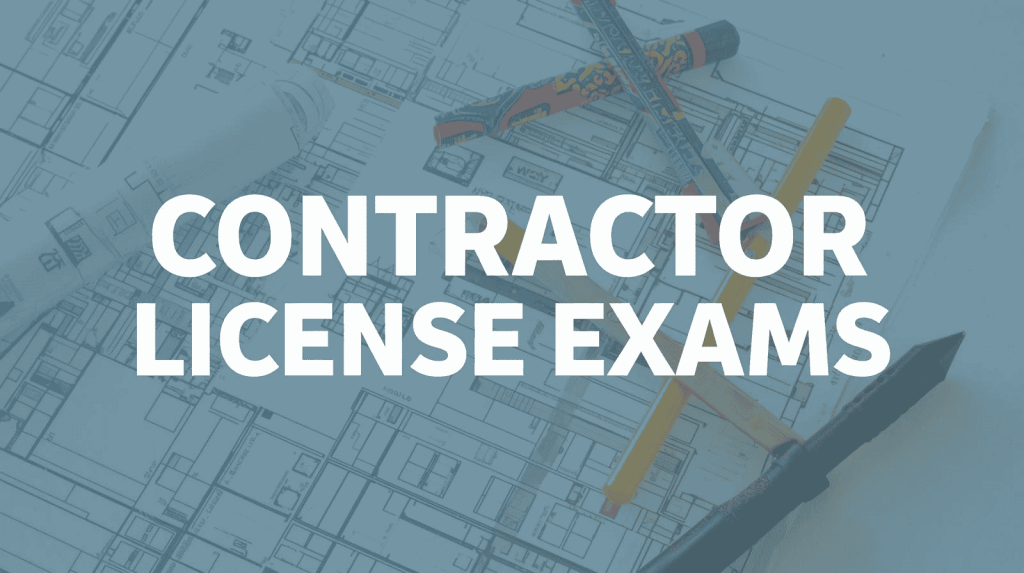
Earning a professional certification in the construction industry is a significant milestone, and the pivotal point in this journey is the successful completion of the mandated Contractor License Exams. These assessments are not mere tests of memory but are designed to evaluate a candidate’s comprehensive understanding of building codes, business and law principles, and trade-specific knowledge. For many aspiring contractors, the path to licensure can seem daunting. A structured and strategic approach to preparation is not just beneficial; it is essential. A comprehensive resource for beginning this process can be found through this collection of Contractor License Exams, which provides a foundation for understanding the scope of what is required.
Deconstructing the Examination Blueprint
Beyond General Knowledge: The Jurisdictional Specificity of the Tests
A common misconception is that contractor exams are standardized nationwide. In reality, the content and emphasis of each Contractor License Exams are heavily influenced by state and local regulations. What is a critical code requirement in one jurisdiction may be less emphasized or even different in another. Understanding this jurisdictional specificity is the first strategic step. The International Code Council (ICC) often facilitates these state-specific assessments, and prospective candidates can review the framework for these jurisdictional variations through resources provided by the International Code Council. This external resource underscores the importance of aligning your study materials with the exact requirements of your licensing body.
The Core Components of the Assessment
Most general contractor examinations are segmented into two primary domains: a trade-specific section and a business and law section. The trade segment delves into the practical application of building codes, structural principles, and project management, while the business and law section tests knowledge of contracts, lien laws, safety regulations, and financial management. Success in Contractor License Exams hinges on a balanced mastery of both areas.
Advanced Preparation Methodologies
Implementing a Cognitive Framework for Code Navigation
Rote memorization of code books is an inefficient strategy for these complex Contractor License Exams. Instead, successful candidates develop a cognitive framework for navigating the referenced texts, such as the International Building Code (IBC) or the International Residential Code (IRC). This involves understanding the logical structure of these documents—how chapters are organized, the purpose of indexes and tables, and the relationships between different sections. The goal is to achieve “open-book proficiency,” where you can locate information swiftly and accurately under time constraints, a skill far more valuable than attempting to memorize thousands of code provisions.
The Critical Role of Practice Under Simulated Conditions
Familiarity with the subject matter is only half the battle; the other half is acclimating to the exam’s format and pressure. Engaging with practice questions that mirror the style, complexity, and content of the Contractor License Exams is invaluable. For instance, working through specific practice tests, such as those for a Virginia Contractor Class A or Class B General Exam, provides realistic exposure to the question types you will encounter. This practice serves a dual purpose: it reinforces substantive knowledge and builds the mental endurance and time-management skills necessary for the testing environment. The methodology for preparing for these Contractor License Exams must therefore include timed practice sessions to simulate the actual examination experience.
Mitigating Common Pitfalls in Exam Strategy
Many capable candidates underperform due to preventable strategic errors. These include spending excessive time on perplexing questions, failing to carefully read questions that include exceptions like “except,” “unless,” or “not,” and neglecting to manage test anxiety. A robust preparation plan addresses these psychological and tactical components, ensuring that your performance accurately reflects your knowledge.
A Call to Action for Your Professional Ascent
The journey to passing your Contractor License Exams is a rigorous intellectual endeavor that demands a disciplined and strategic approach. It requires moving beyond passive reading to active engagement with the material, developing a deep understanding of jurisdictional nuances, and honing test-taking skills under realistic conditions. By deconstructing the exam blueprint, implementing advanced study methodologies, and learning from practice, you transform this challenge from an obstacle into an opportunity for professional growth. The certification you seek is a testament to your expertise and commitment to industry standards. To take the next definitive step toward achieving this goal, you are encouraged to explore targeted preparation materials and practice exams designed to mirror the actual licensing assessment.